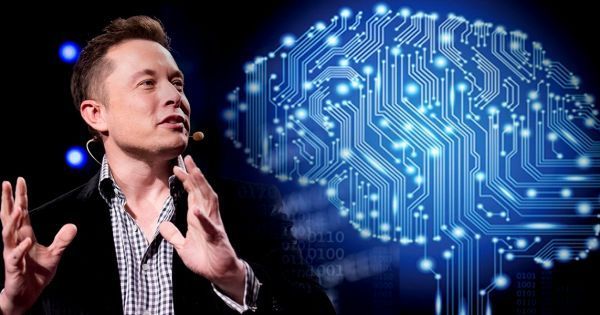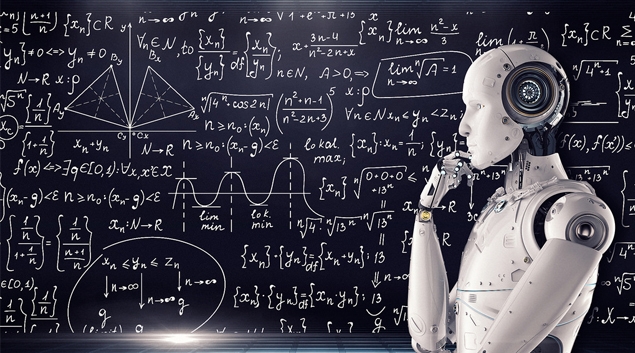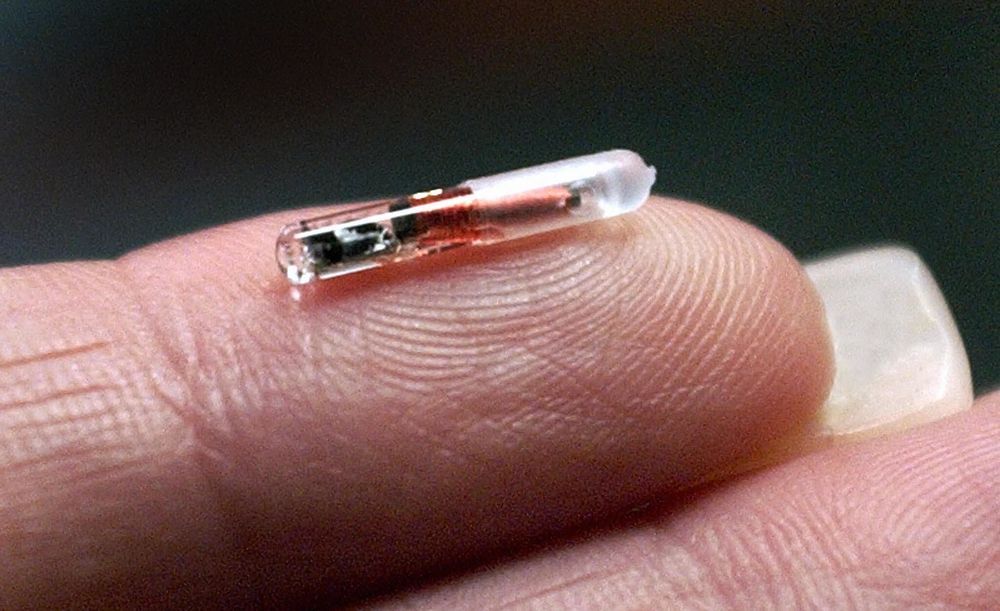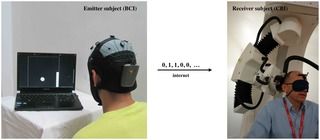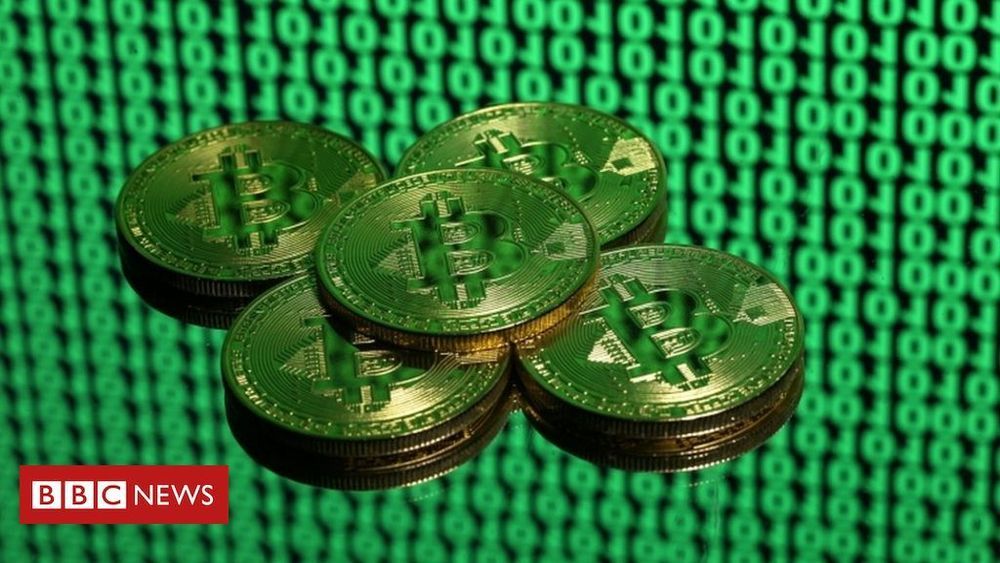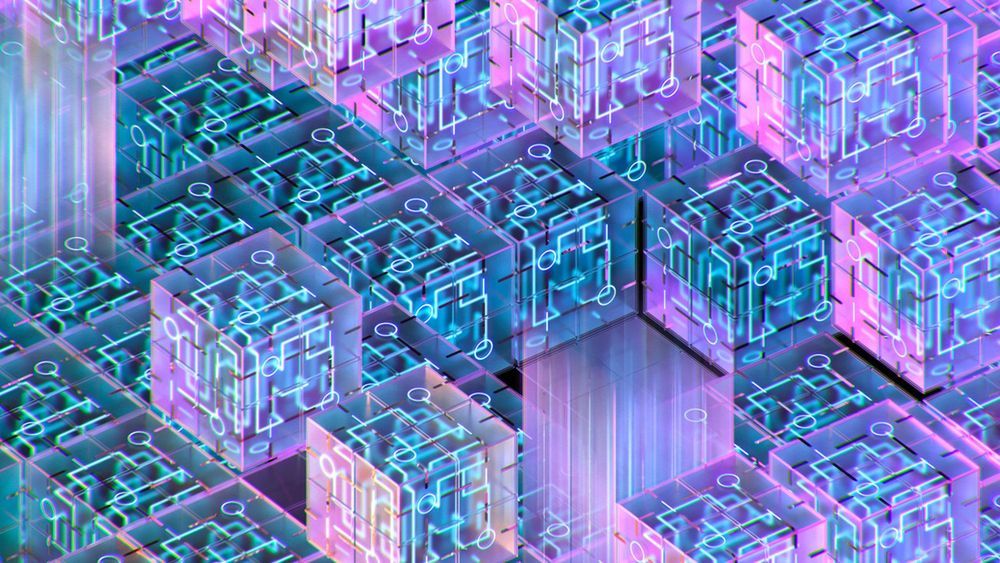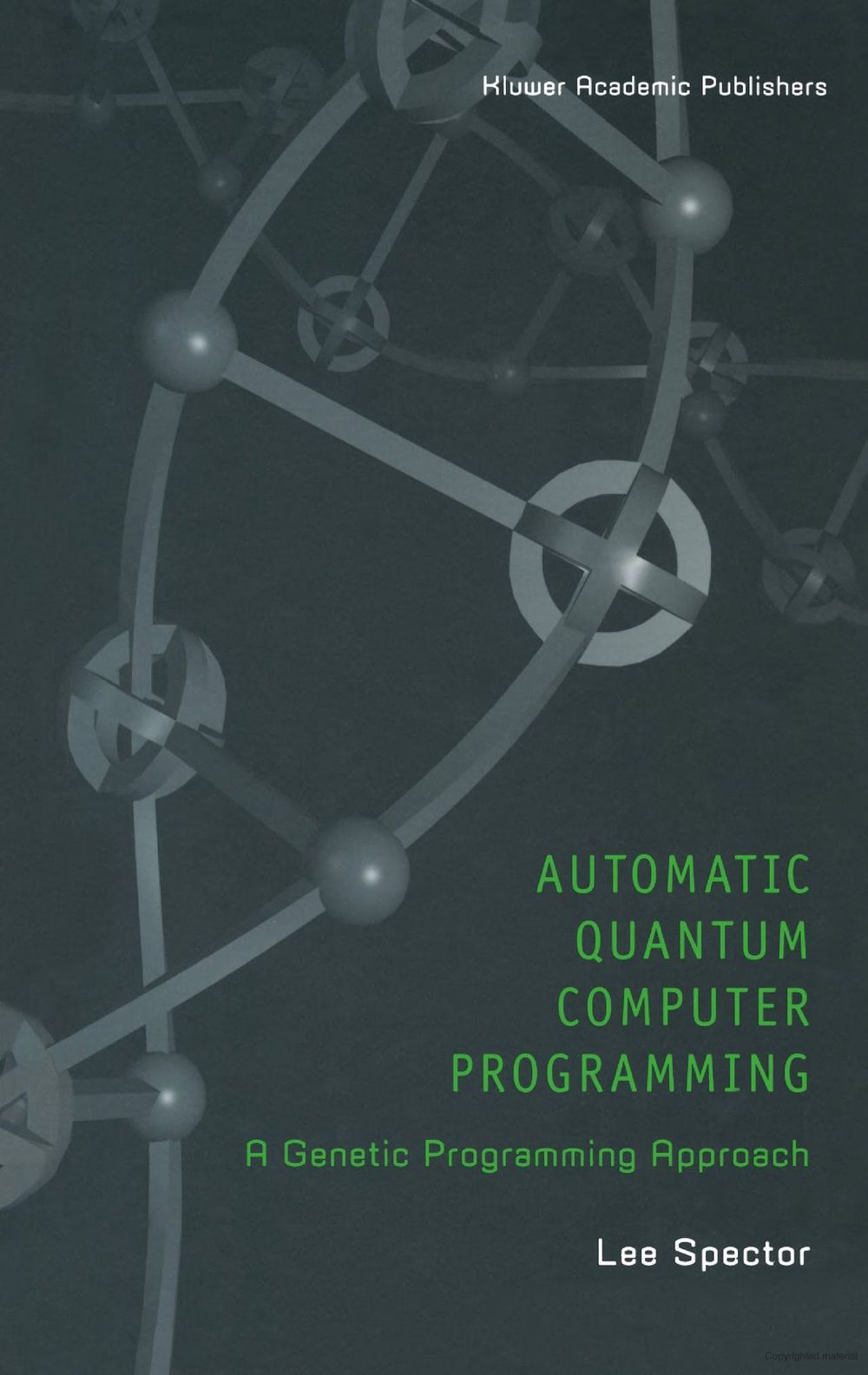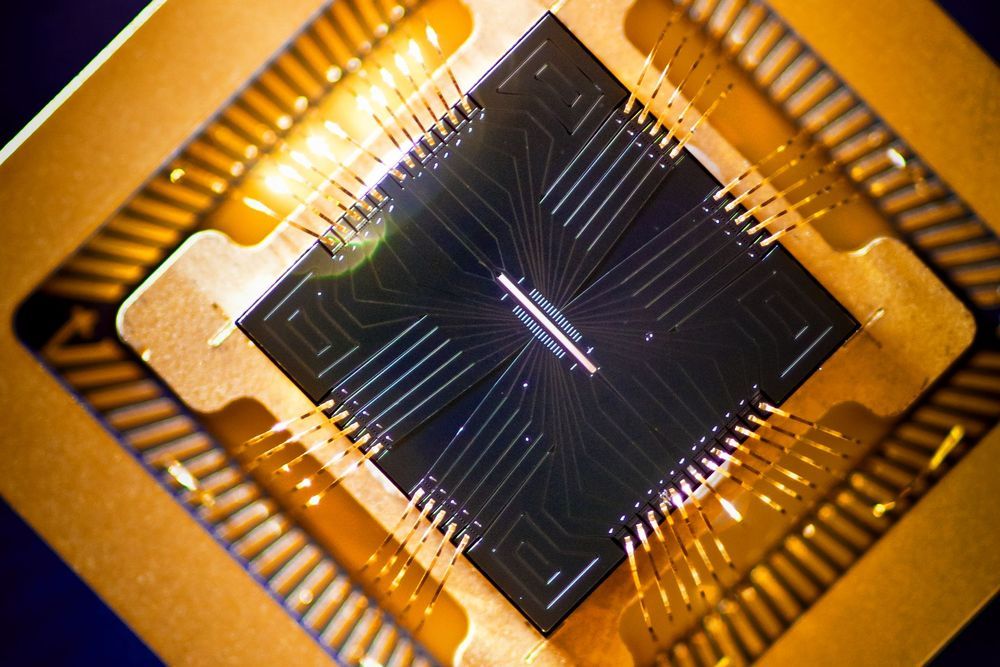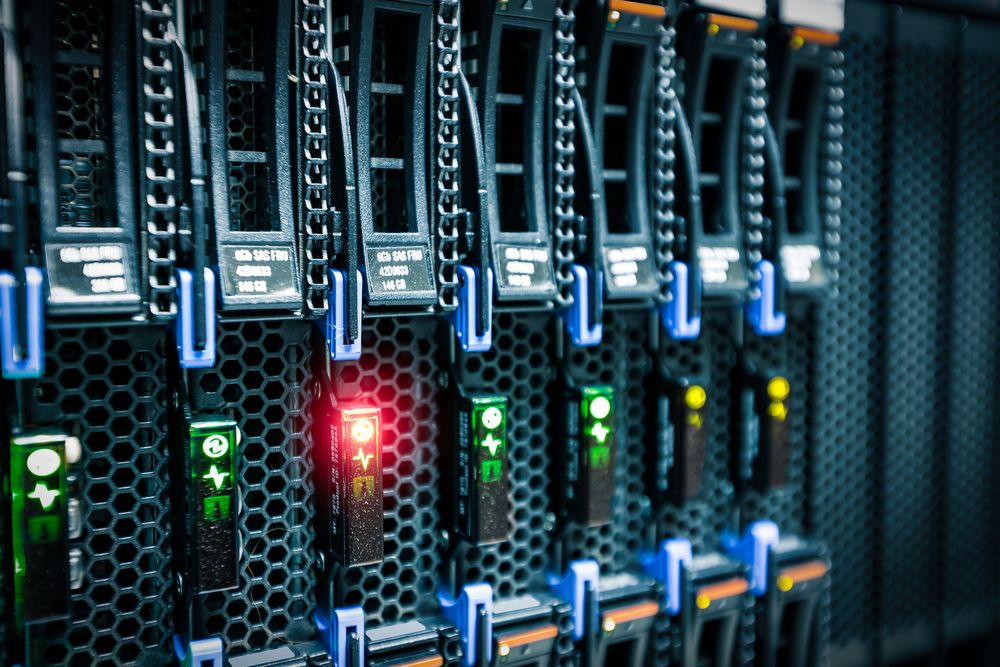Human sensory and motor systems provide the natural means for the exchange of information between individuals, and, hence, the basis for human civilization. The recent development of brain-computer interfaces (BCI) has provided an important element for the creation of brain-to-brain communication systems, and precise brain stimulation techniques are now available for the realization of non-invasive computer-brain interfaces (CBI). These technologies, BCI and CBI, can be combined to realize the vision of non-invasive, computer-mediated brain-to-brain (B2B) communication between subjects (hyperinteraction). Here we demonstrate the conscious transmission of information between human brains through the intact scalp and without intervention of motor or peripheral sensory systems. Pseudo-random binary streams encoding words were transmitted between the minds of emitter and receiver subjects separated by great distances, representing the realization of the first human brain-to-brain interface. In a series of experiments, we established internet-mediated B2B communication by combining a BCI based on voluntary motor imagery-controlled electroencephalographic (EEG) changes with a CBI inducing the conscious perception of phosphenes (light flashes) through neuronavigated, robotized transcranial magnetic stimulation (TMS), with special care taken to block sensory (tactile, visual or auditory) cues. Our results provide a critical proof-of-principle demonstration for the development of conscious B2B communication technologies. More fully developed, related implementations will open new research venues in cognitive, social and clinical neuroscience and the scientific study of consciousness. We envision that hyperinteraction technologies will eventually have a profound impact on the social structure of our civilization and raise important ethical issues.
Citation: Grau C, Ginhoux R, Riera A, Nguyen TL, Chauvat H, Berg M, et al. (2014) Conscious Brain-to-Brain Communication in Humans Using Non-Invasive Technologies. PLoS ONE 9: e105225. https://doi.org/10.1371/journal.pone.
Editor: Mikhail A. Lebedev, Duke University, United States of America.
